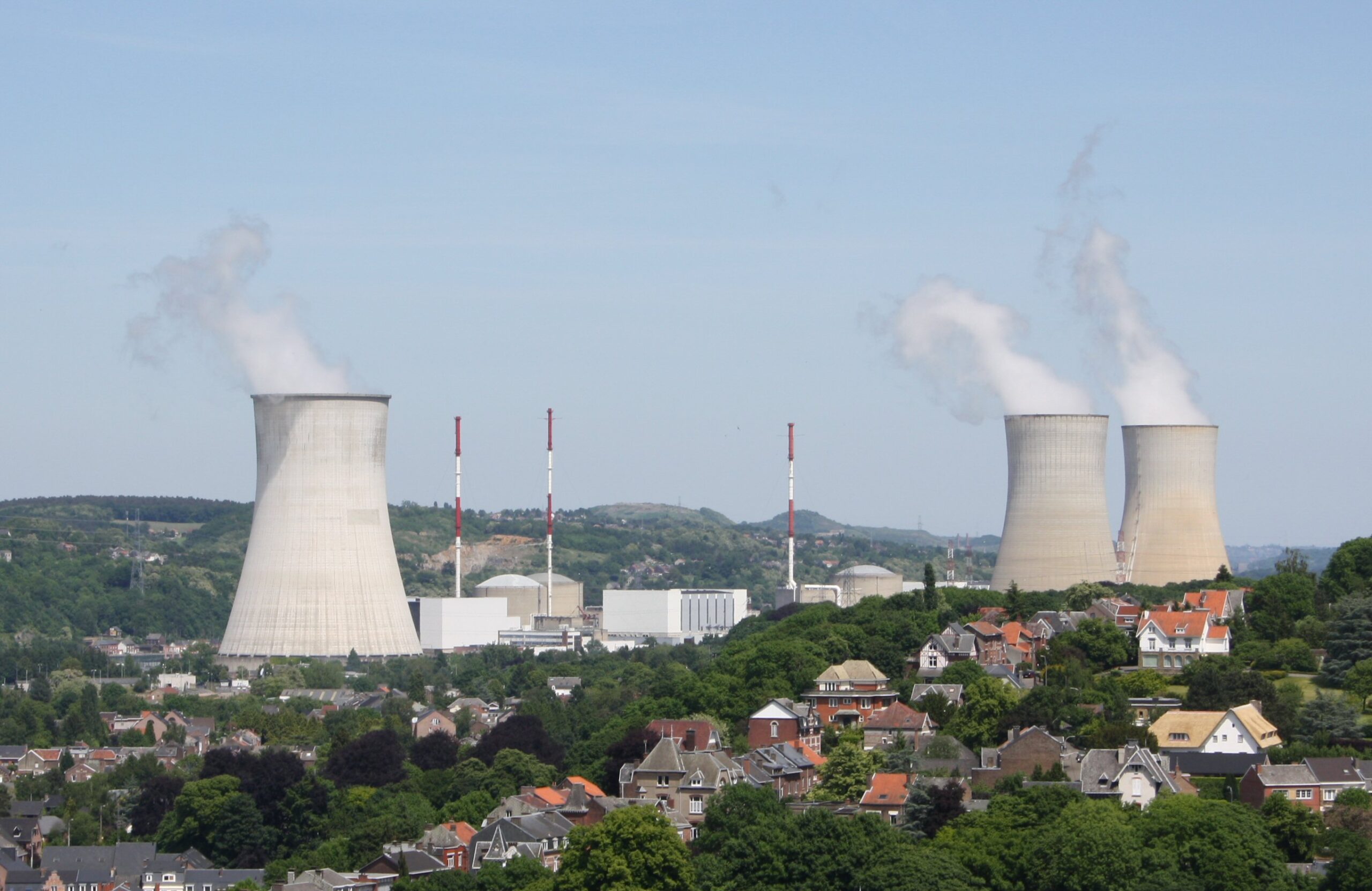
The Belgian government wants to extend the lives of its five nuclear reactors and start building their replacements, repealing a 2003 law banning new nuclear construction, the Belga news agency reports.
But the company that owns the reactors – France’s Engie – is not interested.
The country is governed by a five-party coalition that formed in January after seven months of negotiations. It’s led by prime minister Bart De Wever.
Belgium has five reactors in operation: Doel units 1, 2 and 4 and Tihange units 1 and 3.
They have a combined generating capacity of 4GW.
The De Wever government wants to maintain this 4GW output, which is more than 15% of Belgium’s installed capacity.
Belgium opted out of nuclear power in 2003, when the government of Guy Verhofstadt passed a law forbidding the construction of nuclear reactors.
De Wever’s government aims to repeal this law, and to further extend the life of the existing reactors.
A plan to extend the lives of the youngest reactors – Doel 4 and Tihange 3 – by 10 years had already been agreed after Russia launched its full-scale invasion of Ukraine.
De Wever wants another life extension for them, and a life extension for the country’s oldest reactors, Doel 1 and 2 and Tihange 1, which are already being decommissioned and are set to shut down this year.
Nuclear operator Engie opposes De Wever’s plans.
Engie Belgium chief executive Vincent Verbeke said it would be possible to extend Doel 4 and Tihange 3 until 2035, but to put off decommissioning beyond that was “unthinkable”.
Engie said nuclear power is no longer part of its strategic planning, and that it is no longer investing in nuclear power.
That means the government will have to either find a new operator, or nationalise the nuclear power plants before their lives can be extended again.
The Belgian Nuclear Forum welcomed the government’s plans, which it said put “the revival of nuclear power at the centre of its major concerns”.
It added: “There is no time to lose on the energy issue. We must, without further delay and as a priority, adapt or even repeal the law on the nuclear phase-out, so that there is no longer any legal obstacle to the extension of existing reactors and the construction of new nuclear reactors.”
- Subscribe here to get stories about construction around the world in your inbox three times a week
Further reading:










